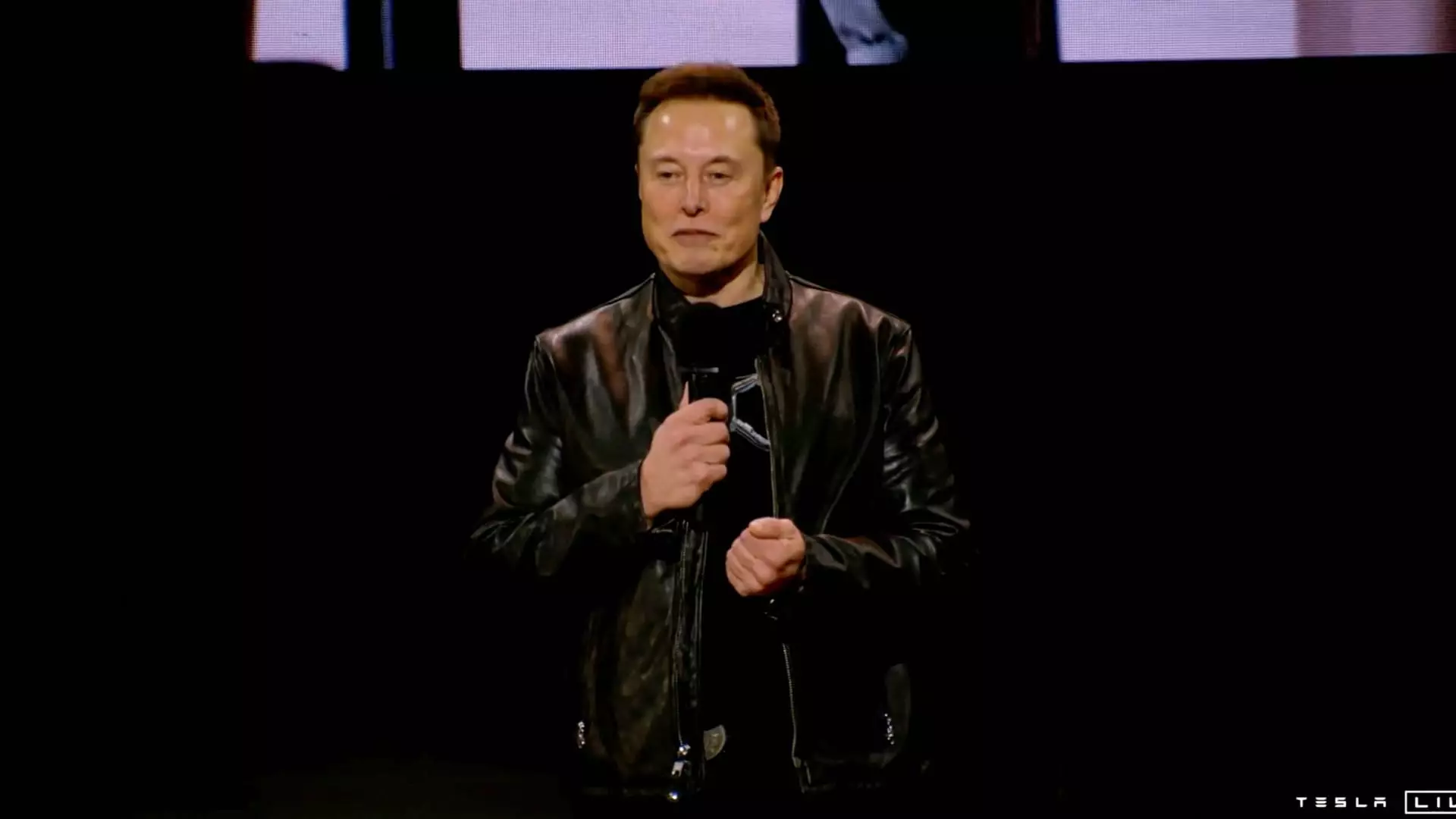The recent concerns raised by the National Highway Traffic Safety Administration (NHTSA) regarding Tesla’s portrayal of its Full Self-Driving (FSD) technology highlight a critical issue in the automotive industry: the ethical implications of marketing potentially misleading information about autonomous vehicles. In a publicized email, Gregory Magno of the NHTSA contended that Tesla’s promotion of its self-driving features could mislead users into believing they do not need to maintain control of their vehicles. This misunderstanding poses significant risks not only to individuals behind the wheel but also to pedestrians and other road users.
It is imperative to recognize the difference between technological capabilities and the marketing promises that accompany them. Tesla’s claims, as reported, may create a false sense of security among drivers, who might underestimate the necessity for vigilance while driving, particularly when FSD is enabled. This disconnect between consumer perception and operational reality raises questions about corporate responsibility. Companies, particularly those in innovative fields like autonomous driving, must tread carefully in how they frame their capabilities to avoid compromising public safety.
The role of social media platforms, such as Twitter (now X), adds another layer of complexity to the discourse on Tesla’s autonomous driving systems. Posts showcasing drivers engaging in risky behaviors while using the FSD system, such as driving to the hospital during a heart attack or while inebriated, can normalize dangerous habits associated with impaired driving. These endorsements can lead to a misguided notion that full autonomy is already achieved, resulting in drivers operating their vehicles under potentially dangerous circumstances.
In this fast-paced information age, consumers often consume binary narratives about technology without fully understanding the underlying mechanics. Misleading social media claims can inadvertently create high-stakes situations where those who rely on such narratives may overlook essential safety practices. NHTSA’s call for Tesla to align its social media communications with actual user capabilities is a prudent move toward reinforcing responsible usage guidelines for autonomous vehicle technologies.
Tesla is now facing an investigation regarding the safety defects of its FSD option, provoking discussions around the adequacy of current regulatory frameworks pertaining to autonomous vehicle technology. As the automaker gathers until December 18 to respond to the NHTSA’s inquiries, the implications of this investigation could ripple across the entire industry. With autonomous vehicles becoming a more significant segment of the market, establishing comprehensive, transparent safety standards is paramount.
Additionally, it is essential for the automotive industry, regulators, and technology developers to engage in a collaborative dialogue about the responsibilities of both manufacturers and consumers in adopting autonomous driving technologies. This includes implementing real-time feedback systems that notify drivers of their roles and the limitations of the technologies in use.
The critical concerns regarding Tesla’s marketing strategies and their implications for driver safety underscore the urgent need for reforms. As we move toward a future dominated by advanced driving technologies, ensuring that consumers remain informed and safe must be at the forefront of innovation. Companies must prioritize ethics over aggressive marketing tactics, recognizing that consumer trust is paramount in fostering a safe and efficient transition to autonomous transport systems.

Leave a Reply